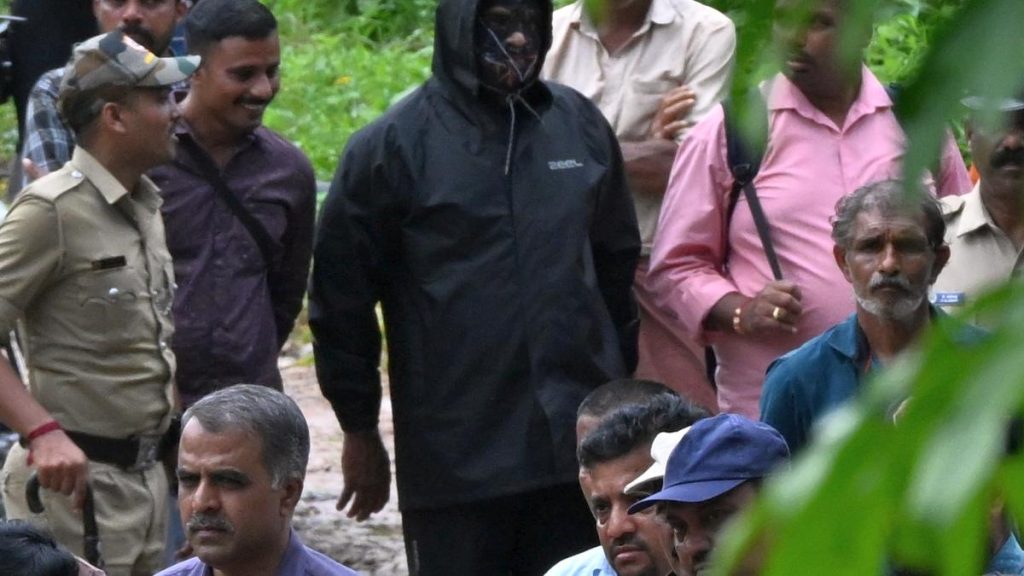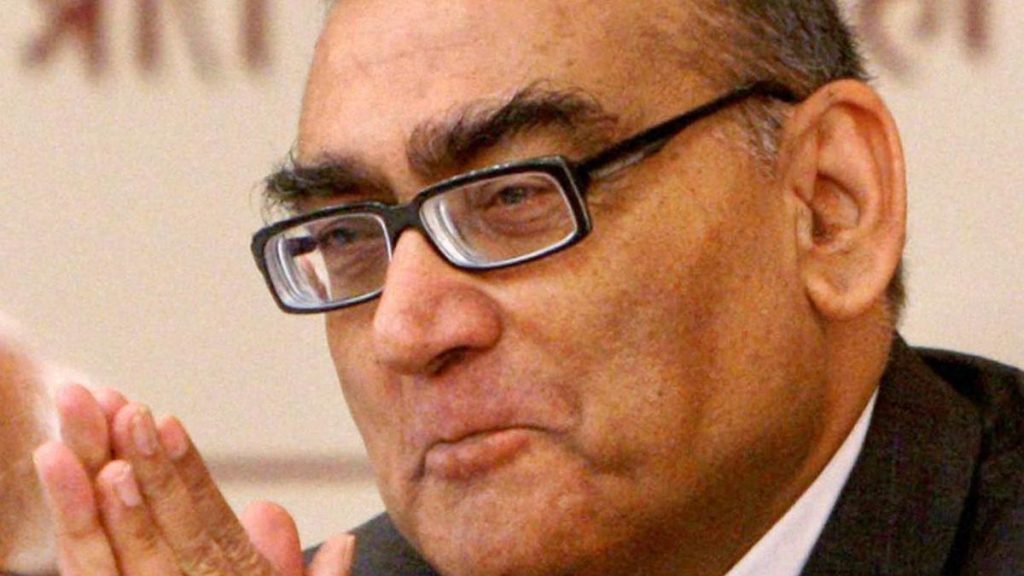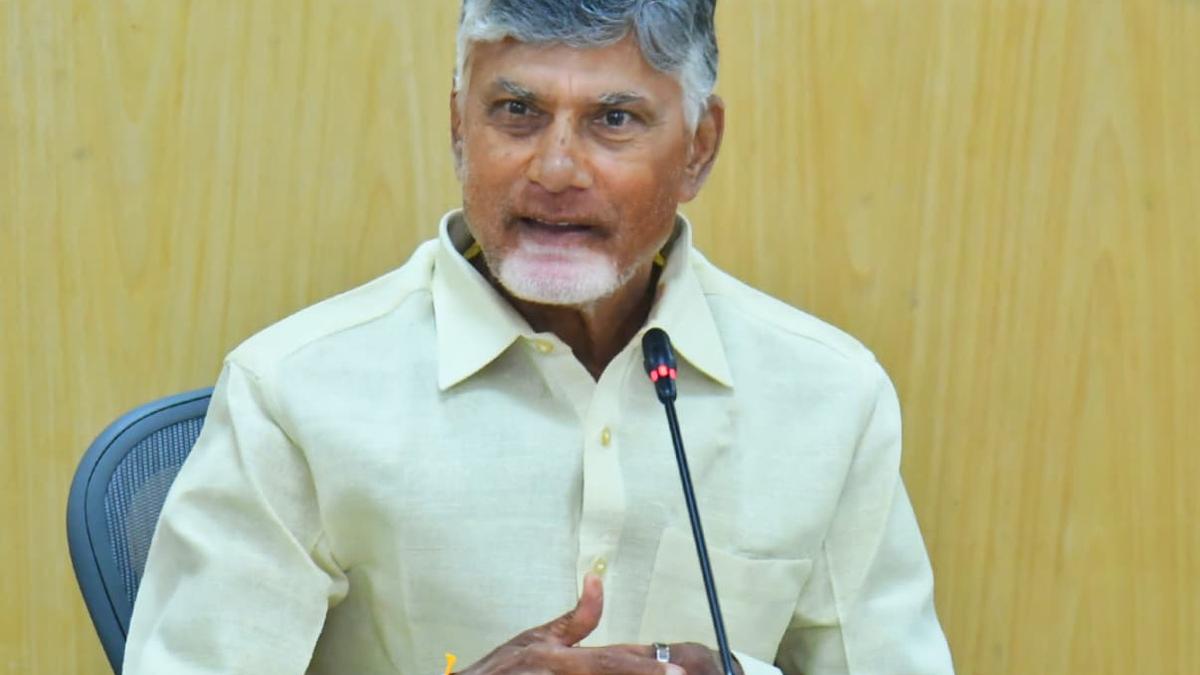Now Reading: Protests Over Relocation of Animal Hospice Project to Peruvannamuzhi
-
01
Protests Over Relocation of Animal Hospice Project to Peruvannamuzhi
Protests Over Relocation of Animal Hospice Project to Peruvannamuzhi

Fast Summary
- Farmers and political activists in Peruvannamuzhi have opposed the Forest department’s plan to establish an Animal Hospice and Palliative Care Center at a newly identified site.
- The centre, aimed at treating injured wild animals like tigers straying into human settlements, was initially planned for Chakkittappara alongside Kozhikode Biological Park but is being relocated without public consultation.
- Protesters claim the Peruvannamuzhi site is unsuitable due to potential traffic disruption along the Peruvannamuzhi-Chempanoda route and raised concerns about restrictions affecting daily commutes and long-standing infrastructure demands, such as a proposed bypass road to Wayanad.
- Some believe regulations under wildlife protection laws would worsen living conditions for local settler farmers near the project area.
- Forest department sources clarified that no final decision has been made yet; discussions with local stakeholders will precede site approval.
- The ₹10 crore project, funded by kerala Infrastructure Investment Fund Board (KIIFB), had earlier received administrative sanction for implementation at Perambra within kozhikode district.
- Plans include forming a Special Purpose Vehicle (SPV) to expedite its construction. This would be Kerala’s second animal hospice facility after one established in Sulthan Bathery’s Kuppadi region in 2022.
Indian Opinion Analysis
The protests reflect tension between conservation efforts and community needs in ecologically sensitive areas like northern Kerala.Although such facilities are essential for treating injured wildlife-especially amid rising human-animal conflicts-they risk imposing logistical challenges on nearby residents if not adequately planned or consulted with locals. Opposition from farmers over disrupted transportation routes indicates that infrastructure development must balance environmental priorities with minimizing inconvenience for settlements.
Delays attributed to site finalization or insufficient stakeholder dialogues may hinder timely execution of critical conservation projects like this palliative care centre, funded by state resources through KIIFB. Moving forward, constructive engagement between goverment authorities and citizen action groups could ensure both ecological goals are met while reducing grievances affecting settler communities reliant on seamless transport access.
Read more: Link























